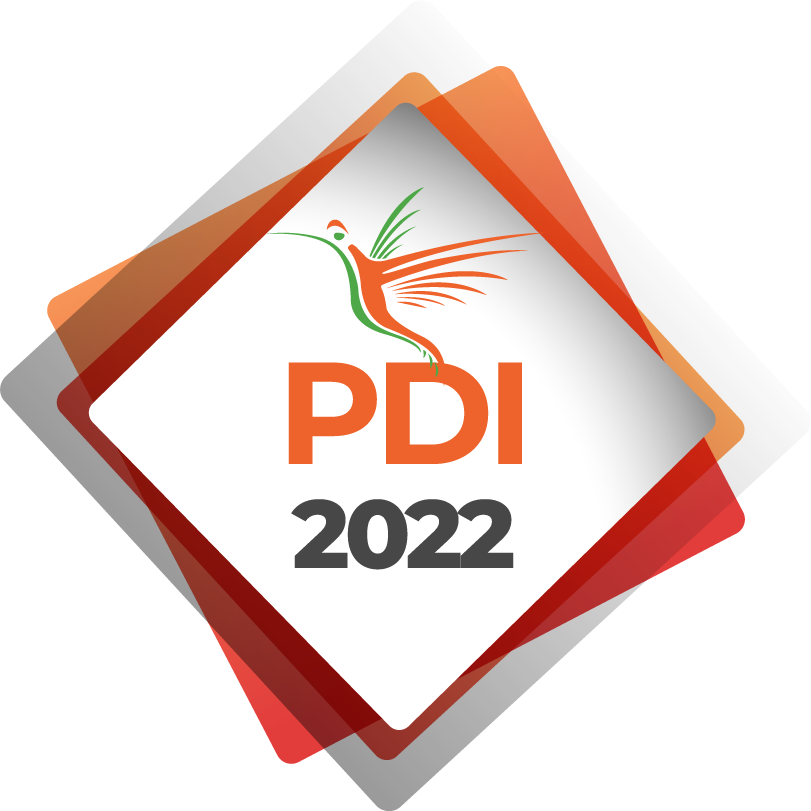Prof. Dr. Căruntu Costin


Prof. Dr. Căruntu Constantin
U.M.F. “Carol Davila”, Bucureşti
Efectele stilului de viață asupra dermatitei atopice – O perspectivă psihodermatologică
Autori: C. Căruntu1,2, Mihaela Adriana Ilie3, Iulia Solomon4, Dalia Bratu4, Ana Caruntu5,6, D. Boda2,4
1Departmentul de Fiziologie, Universitatea de Medicină și Farmacie Carol Davila, București, România; 2Departmentul de Dermatologie, Institutul Național de Diabet, Nutriție si Boli metabolice Prof. N. Paulescu , București, Romania; 3Departamentul de Dermatologie, Spitalul Regional Kalmar, Suedia; 4Laboratorul de Cercetare în Dermatologie, Universitatea de Medicină și Farmacie Carol Davila, București, România; 5Departamentul de Chirurgie Orală și Maxilofacială, Spitalul Clinic de Urgență Militar Central “Carol Davila”, București, România; 6Departamentul de Chirurgie Orală și Maxilofacială, Universitatea ”Titu Maiorescu”, Facultatea de Medicină Dentară, București, România.
Cuvinte cheie: dermatita atopică, stres, stil de viață, factori nervoși, psihodermatologie
Dermatita atopică este o afecțiune cronică inflamatorie a pielii, a cărei etiopatogenie multifactorială cuprinde încă numeroase aspecte incomplet elucidate. Evoluția sa este recurentă, cu exacerbări ce pot fi asociate unor numeroși triggeri interni sau proveniți din mediul înconjurator. Diverse mecanisme de acțiune celulare și moleculare și noi ținte terapeutice sunt studiate în încercarea de a crește eficiența tratamentului. Numeroase cercetări au evidențiat rolul factorilor nervoși în fiziopatologia dermatitei atopice. De asemenea, diverse elemente ale stilului de viață și factorii stresori, pot avea o influență semnificativă asupra stării clinice a pacienților. Aprofundarea studierii interconexiunilor neuro-imunologice de la nivel cutanat, abordarea pacienților din perspectiva psihodermatologică, pot contribui la un mai bun control al evoluției bolii și o mai rapidă atingere a obiectivelor terapeutice, ameliorând calitatea vieții pacienților.
The effects of lifestyle on atopic dermatitis – A psychodermatological perspective
Authors: C. Caruntu1,2, Mihaela Adriana Ilie3, Iulia Solomon4, Dalia Bratu4, Ana Caruntu5,6, D. Boda2,4
1Department of Physiology, “Carol Davila” University of Medicine and Pharmacy, Bucharest, Romania; 2Department of Dermatology, “Prof. N. Paulescu” National Institute of Diabetes Nutrition and Metabolic Diseases, Bucharest, Romania; 3Dermatology Department, Kalmar County Hospital, Kalmar, Sweden; 4Dermatology Research Laboratory, “Carol Davila” University of Medicine and Pharmacy, Bucharest, Romania; 5Department of Oral and Maxillofacial Surgery, “Carol Davila” Central Military Emergency Hospital, Bucharest, Romania; 6Department of Oral and Maxillofacial Surgery, Faculty of Dental Medicine, “Titu Maiorescu” University, Bucharest, Romania.
Keywords: atopic dermatitis, stress, lifestyle, nerve factors, psychodermatology
Atopic dermatitis is a chronic inflammatory skin condition and its multifactorial etiopathogenesis still has many aspects not yet fully elucidated. Its evolution is recurrent, with exacerbations that can be associated with numerous internal or environmental triggers. Various cellular and molecular mechanisms and new therapeutic targets are being studied in an effort to increase the treatment efficiency. Numerous studies have highlighted the role of nerve factors in the pathophysiology of atopic dermatitis. Also, various lifestyle elements and stressors can have a significant influence on the clinical condition of patients. Assessment of the patients from a psychodermatological perspective, alongside an in-depth study of the underlying neuro-immunological interconnections, could optimize the control of the disease leading to an improved quality of life for the patients.
Scurt CV
Professor of Physiology at “Carol Davila” University of Medicine and Pharmacy in Bucharest.
Dermatologist at “Prof. N.C. Paulescu” National Institute of Diabetes in Bucharest.
Trained in in vivo confocal microscopy, cellular and molecular biology techniques, and molecular imaging techniques.
Member of International Dermoscopy Society, International League of Dermatological Societies, International Union of Physiological Sciences.
Research interest: in vivo confocal microscopy, dermatooncology, inflammatory skin diseases, neurogenic inflammation, psychodermatology, neuroendocrinology of the skin
Contactează operatorul PDI 2022
Operatorul PDI 2022
![]()
Adresa: Str. A. Panu nr. 13, Iasi
Tel.: 0332.40.88.00-05
E-mail: contact@pdi.ro
Website: www.eventernet.ro
Parteneri Media
